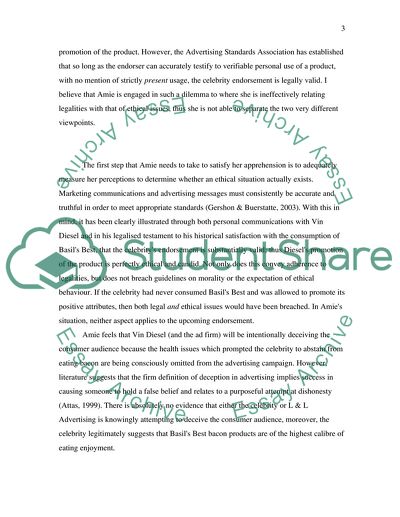Cite this document
(Ethical Dilemma: Perceived Potential Advertising Deception Case Study, n.d.)
Ethical Dilemma: Perceived Potential Advertising Deception Case Study. Retrieved from https://studentshare.org/ethics/1538293-ethics-in-business-summative-assignment
Ethical Dilemma: Perceived Potential Advertising Deception Case Study. Retrieved from https://studentshare.org/ethics/1538293-ethics-in-business-summative-assignment
(Ethical Dilemma: Perceived Potential Advertising Deception Case Study)
Ethical Dilemma: Perceived Potential Advertising Deception Case Study. https://studentshare.org/ethics/1538293-ethics-in-business-summative-assignment.
Ethical Dilemma: Perceived Potential Advertising Deception Case Study. https://studentshare.org/ethics/1538293-ethics-in-business-summative-assignment.
“Ethical Dilemma: Perceived Potential Advertising Deception Case Study”. https://studentshare.org/ethics/1538293-ethics-in-business-summative-assignment.


